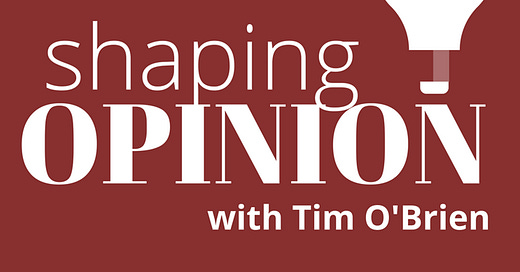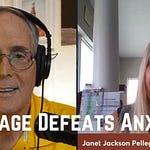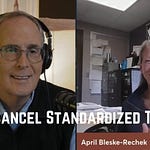Professor Ken Brown joins Tim to talk about a psychological phenomenon you see any time you log on to social media and no one is helping a victim of harassment or violence. It’s called the bystander effect. Ken teaches organizational psychology at the University of Iowa, and is perhaps best known for a TED talk he gave on the bystander effect. Why don’t people step forward and help when someone is in need? That answer may not be what you think. https://traffic.libsyn.com/secure/shapingopinion/Bystander_Effect_II_auphonic.mp3 On March 13th, 1964, a 28-year-old woman named Kitty Genovese was coming home from her late-night shift as a manager at Ev’s Eleventh Hour Bar in Queens, New York. She lived in a second-floor apartment in a building next to the Long Island Railroad in Queens. That was when she was brutally stabbed to death. The story of Kitty’s murder made headlines for the shear brutality of it, but that wasn’t all. When Kitty arrived at her apartment and parked her car around 3:15 a.m., a man named Winston Moseley attacked Kitty with a hunting knife. Police would later learn that he was wandering the city looking for a random victim. When he spotted Kitty in her own car, he decided to follow her home. When Moseley parked his car and approached Kitty, she ran towards her apartment building. That’s when the man stabbed her twice in the back. At that hour of the morning, most people nearby were asleep. But some people were awake, and others were awakened by Kitty’s cries for help. But that wasn’t the end of it. Kitty had made it back to her feet and collapsed in the lobby of her apartment building at the base of the stairs. Mosely had fled the scene right after Kitty’s initial cries for help, but 10 minutes later, he came back. He found Kitty almost unconscious in a hallway near the rear of the building. This is where he raped her, stole $49 and inflicted her fatal stab wounds. The entire crime persisted for 30 minutes. At the time, the New York Times reported that no one had done anything to save Kitty. This was the headline from that front-page story: “37 Who Saw Murder Didn’t Call the Police; Apathy at Stabbing of Queens Woman Shocks Inspector.” Later it would be learned that the story wasn’t completely right. The number of witnesses was less than 37, and a few people did phone police. But that wasn’t enough to save her life. That case – the case of the murder of Kitty Genovese – remains relevant today because it was the first to shed light on a psychological phenomenon now known as the “bystander effect.” Links Ken Brown, University of Ioway (website) Kitty Genovese, The History Channel If You're in Danger, Will Bystanders Help?, Greater Good Magazine The 'bystander effect' is real - but research shows that when more people witness violence, it's more likely someone will step up and intervene, The Conversation The Vulture and the Little Girl, Rare Historical Photos About this Episode’s Guest Ken Brown Ken Brown, Ph.D., is the Tippie Children Professor of Management and Entrepreneurship at the Tippie College of Management at the University of Iowa. And he’s a professor of Educational Policy and Leadership Studies.
Shaping Opinion
The Shaping Opinion podcast helps you see through the spin. It reveals things you may not know, and it exposes other things some may want to keep hidden. Its focus is on how your thoughts and attitudes are influenced to create change in the culture, sometimes for better, sometimes for worse.
Host Tim O’Brien – author, senior media advisor and veteran damage control expert – empowers you with a fresh perspective. He comfortably takes you inside trending issues, stories and to the people who unravel it all through deep-dive conversations. After decades in handling high stakes and complex crisis management situations, Tim probes to uncover what’s real and what matters, and what will shape the future. Watch or listen every Monday wherever you get your podcasts.
The Shaping Opinion podcast helps you see through the spin. It reveals things you may not know, and it exposes other things some may want to keep hidden. Its focus is on how your thoughts and attitudes are influenced to create change in the culture, sometimes for better, sometimes for worse.
Host Tim O’Brien – author, senior media advisor and veteran damage control expert – empowers you with a fresh perspective. He comfortably takes you inside trending issues, stories and to the people who unravel it all through deep-dive conversations. After decades in handling high stakes and complex crisis management situations, Tim probes to uncover what’s real and what matters, and what will shape the future. Watch or listen every Monday wherever you get your podcasts.Listen on
Substack App
Apple Podcasts
Spotify
RSS Feed
Recent Episodes














Share this post